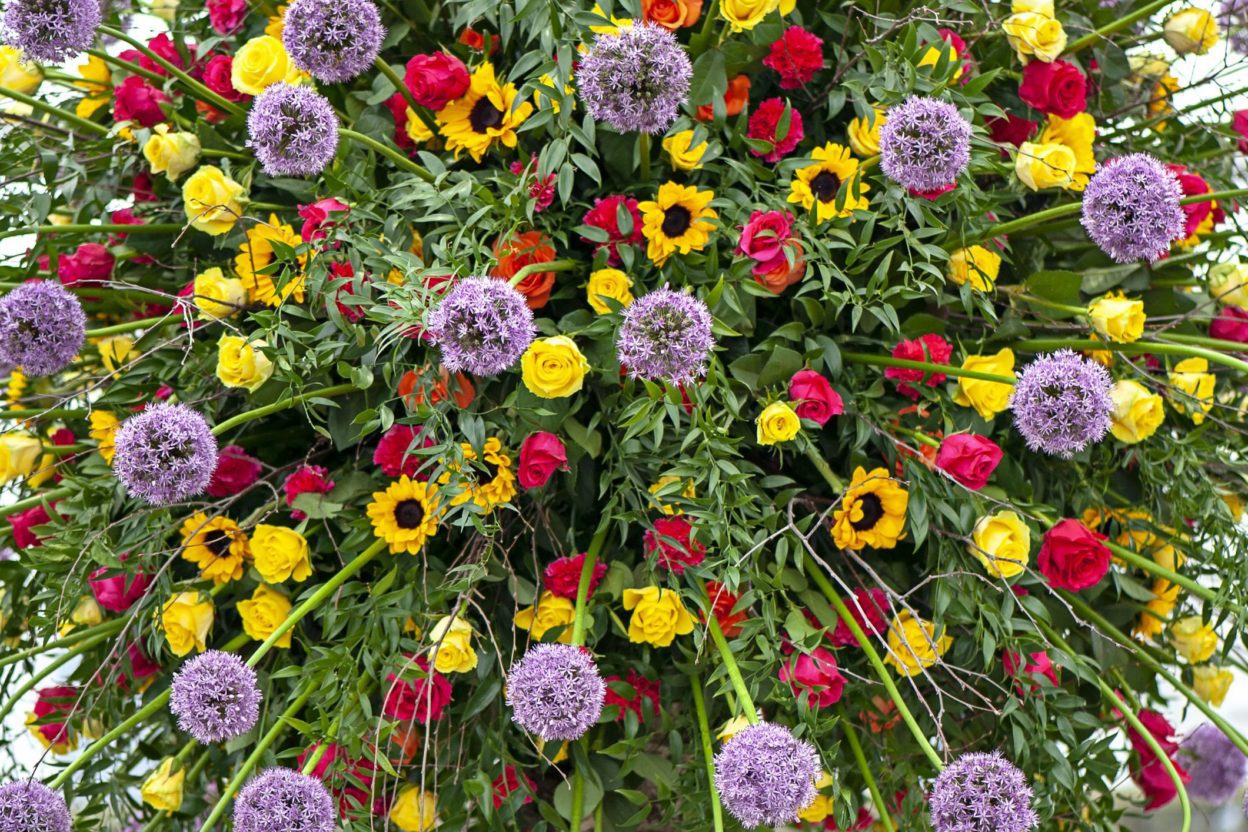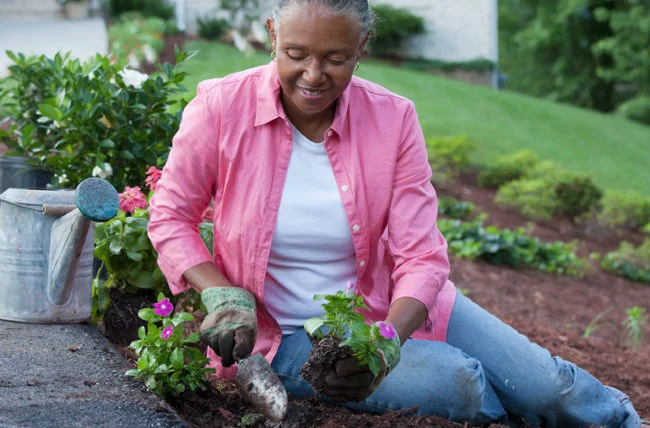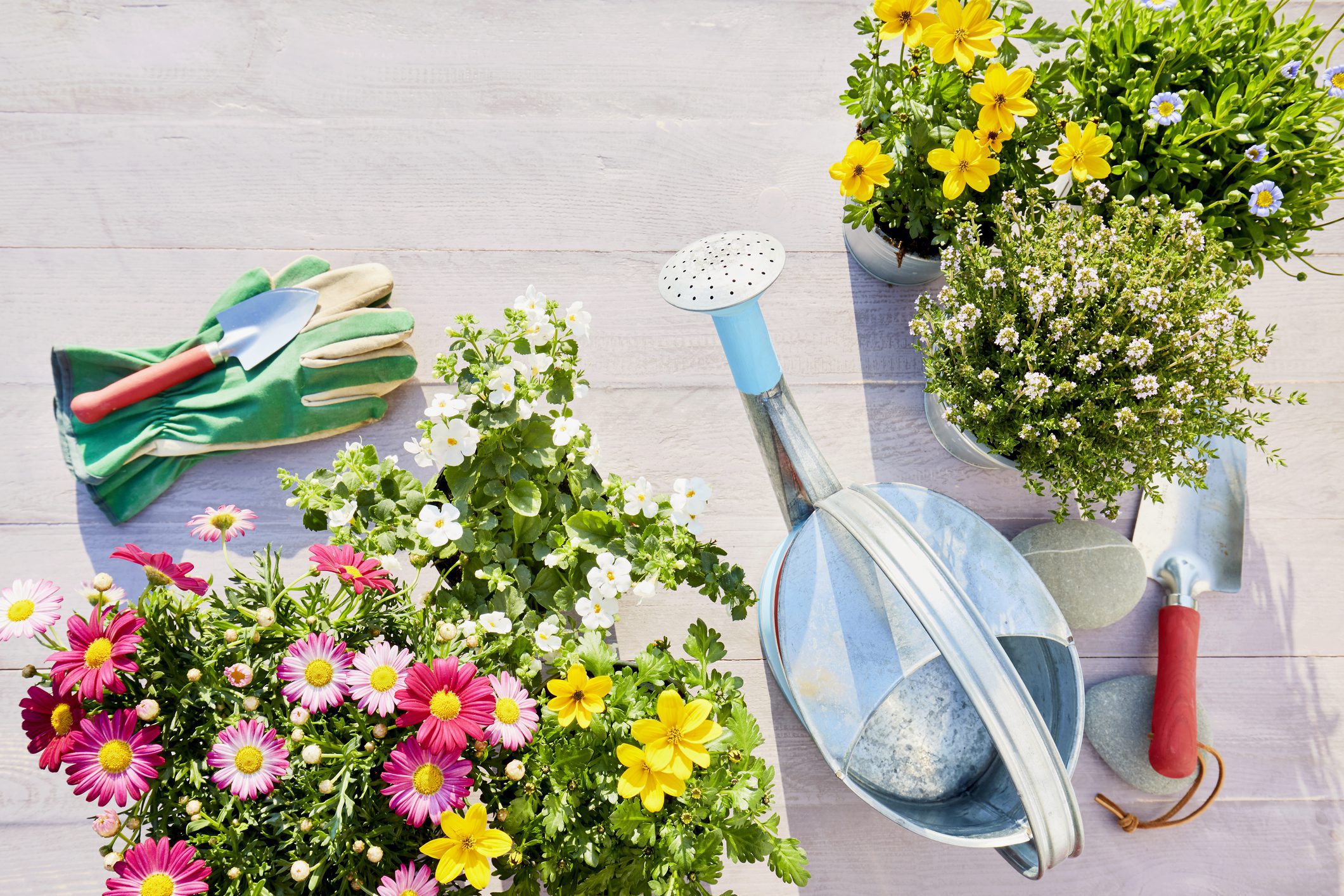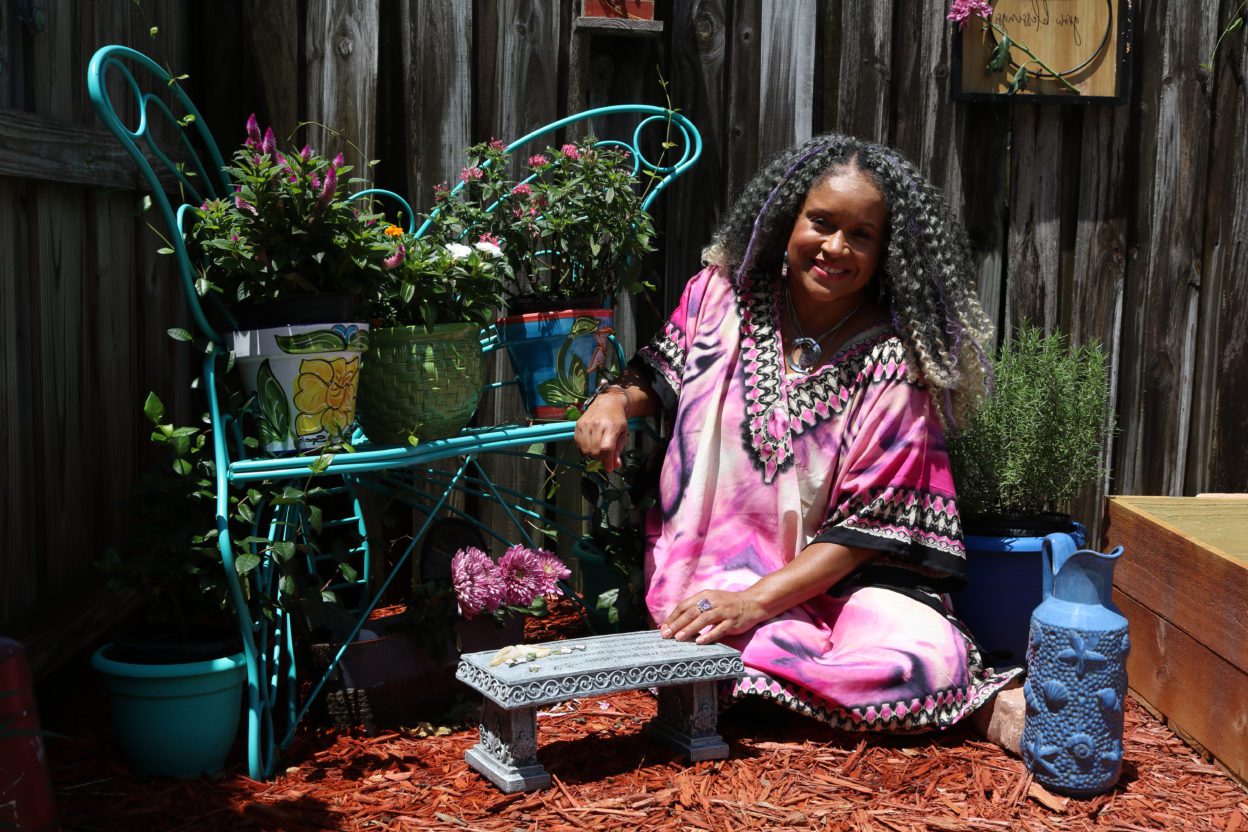Last Updated on May 16, 2024
Gardening is good for the soul.
A new study from Britain’s Royal Horticultural Society (RHS) shows a correlation between gardening and improvements in well-being, perceived stress and physical activity.
Gardening just twice a week maximized those benefits.
“This is the first time the ‘dose response’ to gardening has been tested and the evidence overwhelmingly suggests that the more frequently you garden, the greater the health benefits,” said RHS Wellbeing Fellow and lead author Dr. Lauriane Chalmin-Pui.
The study involved 5,766 gardeners and 249 non-gardeners. Results showed that people who garden every day have well-being scores 6.6 percent higher and stress levels 4.2 percent lower than people who don’t garden.

Participants were asked to rate their stress and well-being and list any therapeutic benefits they gain from gardening. Although improving health was not the prime motivating factor, it did lead to direct benefits and pleasure for those who did. Pleasure and enjoyment were the reason why six out of 10 respondents say they garden.
“Gardening every day has the same positive impact on well-being than undertaking regular, vigorous exercise like cycling or running,” Dr. Lauriane Chalmin-Pui noted. “When gardening, our brains are pleasantly distracted by nature around us. This shifts our focus away from ourselves and our stresses, thereby restoring our minds and reducing negative feelings.”
The research reflects the positive power of gardening in other studies. Another one, by the Texas A&M AgriLife Extension Service in 2020, noted that the simple act of being around plants helped reduce stress and anxiety.

“Interacting with nature, especially with the presence of water, can increase self-esteem and mood, reduce anger, and improve general psychological well-being with positive effects on emotions or behavior,” said Charlie Hall, Ph.D., AgriLife Extension horticulture and economics specialist at College Station.
“In fact, moving to homes with greener areas positively influences mental health even after three years.” However, doing your own gardening can have the same effects on your mental health.”
Growing Bolder has even seen firsthand how gardening can be helpful with loss and grief as we age. As it turns out, the things we grow can help us grow, too.
Ericka Cotton was wrestling with loss. She lost the love of her life to cancer. She lost her job as well. Coping with both losses has been a challenge, but Ericka found comfort and peace by focusing on the life she had with her husband instead of his passing. She’s now even planted the garden he always talked about in his honor. Watch her story here, which she hopes can help others move past the trauma and see new life.















